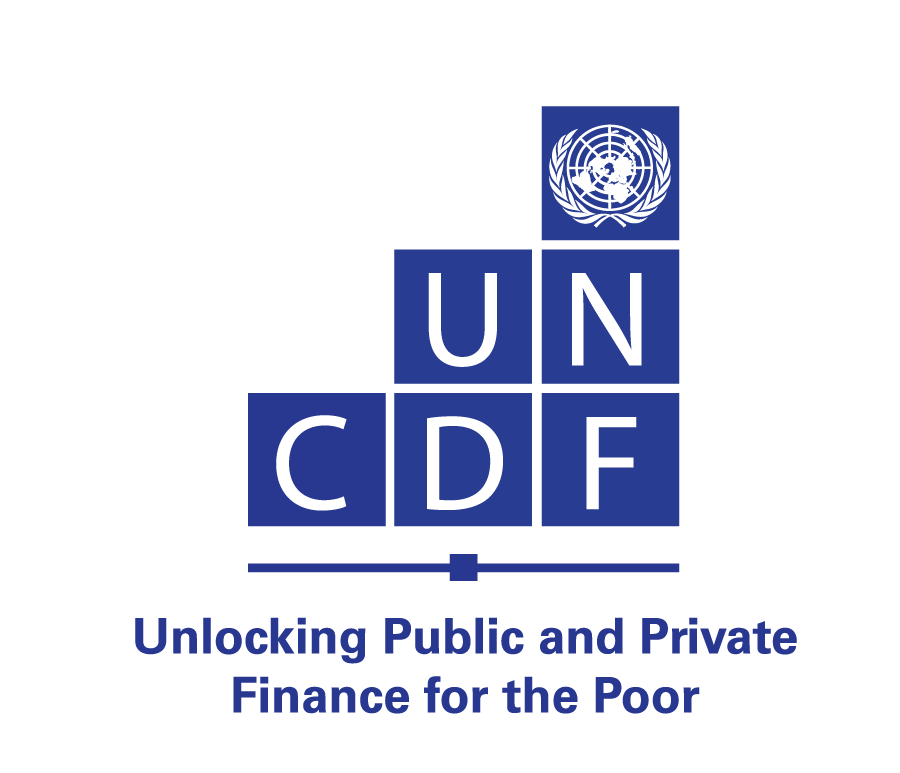
The UN Capital Development Fund (UNCDF) is the UN’s capital investment agency for the world’s 46 least developed countries. It creates new opportunities for poor people and their small businesses by increasing access to microfinance and investment capital. UNCDF provides seed capital – grants and loans – and technical support to help financial service providers reach more poor households and small businesses, and local governments finance the capital investments – water systems, feeder roads, schools, irrigation schemes – that will improve poor peoples’ lives. UNCDF programmes help to empower women, and are designed to catalyse larger capital flows from the private sector, national governments and development partners, for maximum impact toward the Sustainable Development Goals.
Making Access Possible (MAP) is a multi-country diagnostic and programmatic framework to support expanding access to financial services for individuals and micro and small businesses. MAP has been initiated by UNCDF as one of its main programmes to enhance financial inclusion in LDCs. Through a dialogue and evidence-based process, MAP aligns a broad range of stakeholders from within government, private sector and the donor community to create a set of practical actions aimed at extending financial inclusion tailored to that country. Importantly, financial inclusion is pursued not as an objective in and of itself, but for its role in achieving the core public policy objective of enhancing household welfare, supporting livelihoods and contributing to economic growth and employment.
UNCDF’s MAP programme seeks to investigate the critical supporting role that digital finance can play in the informal economy, building on the pilot diagnostics in Lesotho and Eswatini (conducted in 2022). As such, UNCDF requires the assistance of a consultancy that is experienced in the implementation of innovative, qualitative field research to assist with a detailed study on the role of digital financial services supporting community development through the informal economy, in three countries in West Africa in 2023, namely, Togo, Benin and Burkina Faso. In addition, up to four more countries may be included (to be concluded before end of 2024). These countries are currently expected to be Mali, Zimbabwe, Malawi and Ethiopia, but may change over the course of the project period.
The aim of the research is to better understand local economic activity with a particular focus on the informal sector to enable digital finance interventions to local communities for more inclusive growth and allow for increased financing to reach the low-income segment operating in the informal sector, to determine the following outcomes:
- Barriers local communities face in developing their economies;
- How informal organizations (e.g. ROSCAs), people, firms (e.g. mobile money providers) adapt to those barriers and are operating;
- How MSMEs (including farmers) leverage financial services to meet their business and household needs, and in particular, if and how they leverage finance (credit) from formal and informal source; and
- Opportunities for digital finance providers (e.g. firms) and the ensuing institutional framework (e.g. regulators, international organizations) to support more inclusive finance, based on the practical realities, with a few of leveraging community organizations and structures, as well as an understanding of the financial needs and financial behaviour of MSMEs (including farmers).
Furthermore, using the research outputs, the aim is to develop a comprehensive market view for a financing framework by identifying ways in which to address the community environment holistically within the lens of financial inclusion for MSMEs and by determining the potential for digital finance opportunities – with sustainable local economic development being the key driver. Thus, all nodes of economic activity within the community must be incorporated in the framework resulting from these interventions.
